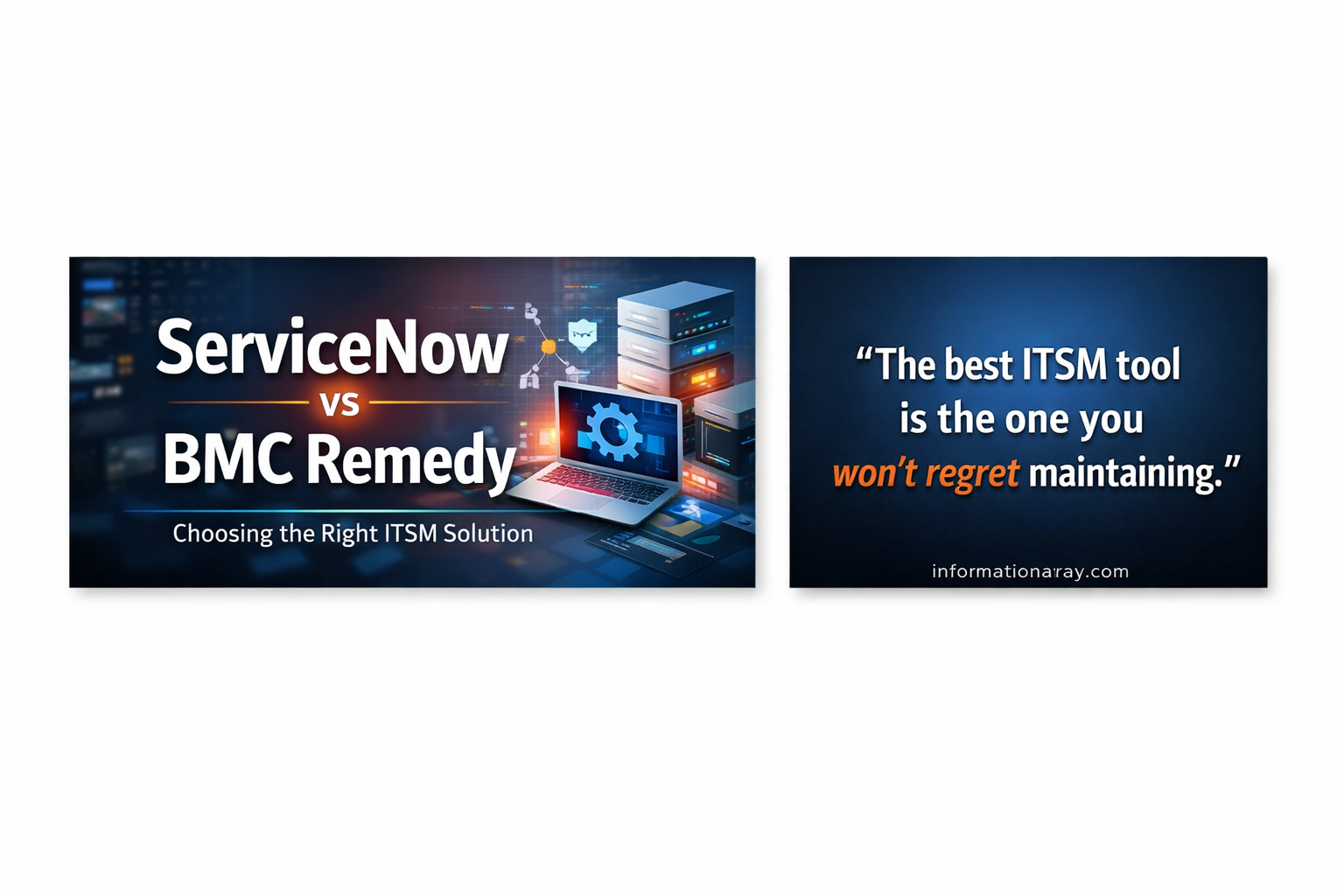Amazon Web Services (AWS) has established itself as a dominant force in the world of cloud computing, offering a vast array of services and tools to help businesses scale and innovate. When it comes to programmatically interacting with AWS services, two primary options come into play: the AWS Command Line Interface (CLI) and Software Development Kits (SDKs). In this article, we will delve into the distinctions between these two tools, their practical applications, and the circumstances under which one should be favored over the other.
AWS CLI: The Swiss Army Knife of AWS Management
The AWS Command Line Interface (CLI) stands as a command-line tool provided by AWS itself, allowing users to interact with AWS services directly from their terminal. It is a versatile and potent tool compatible with most operating systems. Here are some key attributes of the AWS CLI:
- Simplified Setup: The installation process is straightforward, and configuring the AWS CLI is as simple as running
aws configureand providing your AWS credentials. - Broad Compatibility: The AWS CLI offers compatibility with all AWS services, ensuring you can manage everything from EC2 instances to S3 buckets using a consistent interface.
- Scripting Capabilities: This tool can be employed in scripts and automation workflows, making it an invaluable choice for DevOps tasks and serverless deployments.
- Interactive Mode: For those who prefer interactive experiences, the AWS CLI provides a rich command-line interface with helpful autocompletion features.
When to Opt for the AWS CLI
- Quick Tasks: The AWS CLI is ideal for rapidly checking resource statuses, running simple automation scripts, or executing one-off tasks.
- Scripting and Automation: If your goal is to automate AWS-related tasks, the AWS CLI is your tool of choice for scripting.
- Beginner-Friendly: For those just starting with AWS, the AWS CLI offers a straightforward means to explore and engage with AWS services.
http://informationarray.com/2023/09/25/aws-cli-vs-powershell-a-comprehensive-comparison/
AWS SDKs: Unleash the Power of Code Integration
AWS Software Development Kits (SDKs) are collections of libraries and APIs that empower developers to seamlessly integrate AWS services directly into their applications. These SDKs are available in multiple programming languages, including Python, Java, JavaScript, and more. Here are the primary advantages of leveraging AWS SDKs:
- Diverse Language Support: AWS SDKs offer idiomatic support for a variety of programming languages, allowing developers to work comfortably in their language of choice.
- Intuitive API Abstraction: SDKs abstract AWS service API calls, simplifying the process of programmatically interacting with AWS resources.
- Advanced Customization: Developers can fine-tune their AWS interactions, granting them granular control over requests and responses.
- Robust Error Handling: SDKs often include robust error-handling mechanisms, facilitating the management of exceptions and edge cases.
When to Use AWS SDKs
- Application Development: If you are in the process of building a software application that interacts with AWS services, using the SDKs is the most natural and efficient choice.
- Advanced Use Cases: For complex scenarios that require custom logic and advanced configuration, SDKs offer the flexibility and capabilities needed.
- Performance Optimization: When performance is a critical consideration, SDKs allow you to fine-tune your requests and optimize interactions with AWS services.
AWS CLI vs. SDK: A Detailed Comparison
| Criteria | AWS CLI | AWS SDKs |
|---|---|---|
| Ease of Setup | Quick and straightforward installation | Requires integration into your codebase |
| Compatibility | Works across all AWS services | Language-specific libraries available |
| Scripting/Automation | Suitable for scripting and automation | Ideal for application development |
| Language Support | Command-line interface | Libraries available for multiple languages |
| Customization | Limited customization | Highly customizable |
| Error Handling | Basic error handling | Robust error handling |
| Use Case | Quick tasks, automation scripts | Application development, complex use cases |
Frequently Asked Questions
1. Which is more efficient, AWS CLI, or SDKs?
Efficiency depends on your specific use case. The AWS CLI excels at quick tasks and automation, while SDKs provide efficiency when building applications with custom logic and advanced configuration.
2. Can I use both AWS CLI and SDKs together?
Absolutely, you can employ both tools in tandem. The AWS CLI is ideal for quick tasks and scripts, while SDKs shine when you need to integrate AWS services into your applications.
3. Are SDKs available for all programming languages?
AWS provides SDKs for a wide array of programming languages, including Python, Java, JavaScript, Ruby, and more. Check the AWS SDKs page for a comprehensive list.
4. Is there a cost difference between using AWS CLI and SDKs?
There are no additional costs associated with using either the AWS CLI or SDKs. You are billed for AWS services based on your usage, regardless of the tool you use to access them.
http://informationarray.com/2023/09/25/aws-cli-vs-terraform-choosing-the-right-tool-for-cloud-automation/
Within the AWS ecosystem, both the AWS CLI and SDKs play indispensable roles, each offering unique strengths and applications. Your choice between them should be guided by your specific requirements. For quick tasks and automation, the AWS CLI delivers speed and convenience. In contrast, if you are developing applications that necessitate programmatic interactions with AWS services, the SDKs offer the flexibility and customization you need. Ultimately, your choice will align with your development objectives and personal preferences. Happy coding in the AWS cloud!
External Links:









